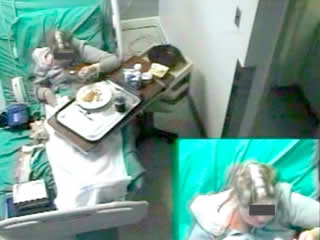Epileptic Disorders
MENUUnilateral opercular lesion and eating-induced seizures Volume 12, numéro 4, December 2010
- Mots-clés : reflex epilepsy, eating seizures, eating epilepsy, video-EEG monitoring, operculum
- DOI : 10.1684/epd.2010.0347
- Page(s) : 309-13
- Année de parution : 2010
Eating-induced seizures are an uncommon presentation of reflex epilepsy, a condition characterized by seizures provoked by specific stimuli. Most reports have identified aetiology associated with malformations of cortical developmental, hypoxic brain injury, previous meningoencephalitis or static encephalopathy. We present a patient with eating-induced reflex seizures, which began several years after treatment for an opercular primitive neuroectodermal tumour (PNET), and who subsequently underwent in-depth clinical and video-EEG analysis for her seizures. This patient noted rapid improvement with decreased frequency of seizure activity after treatment with valproic acid. We discuss the aetiology of reflex epilepsy, the anatomical basis of eating-induced epilepsy, and review the current literature. [Published with video sequences]


